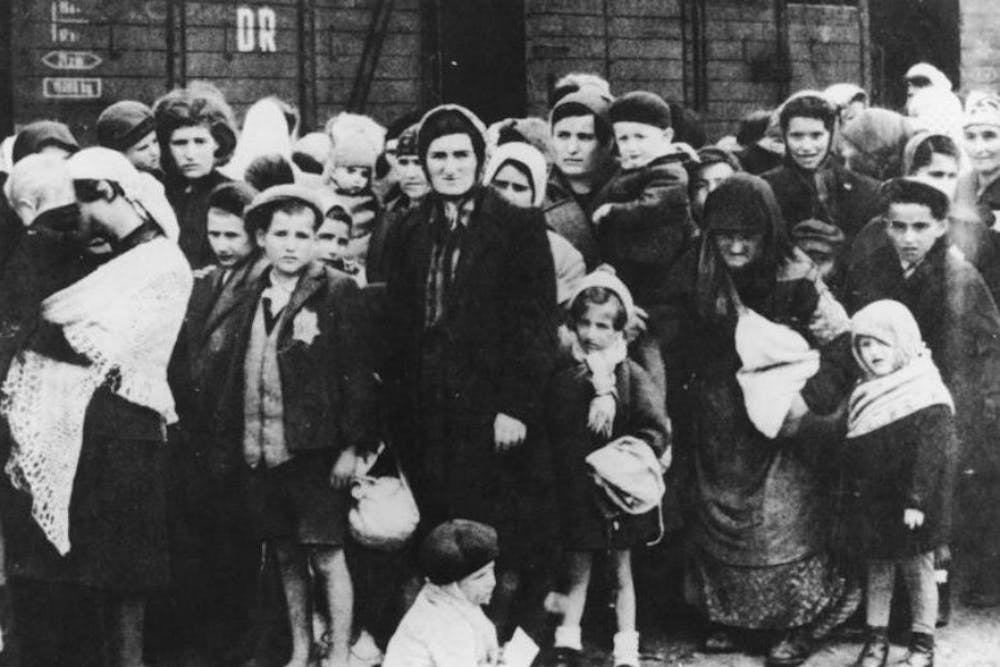By Karolina Ulasevich, For The Miami Student
Miami University and the city of Oxford now recognize April as Genocide and Holocaust Awareness Month due to efforts by Miami University Students Against Genocide (MUSAG).
The month's recognition on campus comes from a resolution MUSAG passed with ASG while the recognition in Oxford comes from a proclamation passed by local government.
MUSAG president Natalie Roberts said she is pleased with the results of her organization's hard work with Miami students, faculty and community members.
"We felt that this was the right time to have Miami University recognize April as Genocide Awareness and Prevention Month," Roberts said.
MUSAG worked closely with Miami's Genocide and Holocaust Education (GHE) committee who Roberts said have been passionate about this topic for many years. By bringing both organizations together to work toward this goal, Roberts said, she felt confident that the proclamation would be completed.
Senior Aryn Swing led the student committee who wrote the resolution for ASG.
"If we can just remember the victims of violence, we will let their memories live on," Swing said. "With recent conflicts, like the current crisis in Syria, sparking people's interests, we really want to promote to students to pay attention to what's going on."
Junior Cody Philips led a group of students in writing a proclamation for the City of Oxford. He worked closely with mayor and Miami professor Kate Rousmaniere while drafting the proclamation that she signed April 5.
Although the students first planned to enact the declaration at the state level, they decided to set their sights locally first.
Mary Jane Berman, director of Miami's Center for American and World Cultures, has also worked to raise awareness with the students about genocide.
"We first had to build credibility and start at a local level, and Miami was the showcase for this," Berman said. "By starting locally, on our campus and in our city, we hope to remember and honor those who died, educate each other about past atrocities, recognize the signs and confront them to prevent today's or future genocides."
She also stressed the importance of studying past genocides like the Holocaust to identify early warning signs.
"History teaches us that mass atrocities and genocides can be prevented, and intervention is the key," Berman said.
The GHE committee and MUSAG also partnered with the Center for American and World Cultures to bring a series of educational events to campus.
There are four events planned for the month including a lecture on indigenous people by Erin Debenport at the Armstrong Student Center, an exhibition on extremist propaganda at the Miami University Art Museum, a screening of films about genocide at the Shriver Center and a presentation of over 5000 names of those lost in the Holocaust at The Hub.
Swing said she believes these events will help people connect with the issue.
"Hearing someone's personal struggle and account is something unfathomable to us," Swing said. "Expect to be moved."

